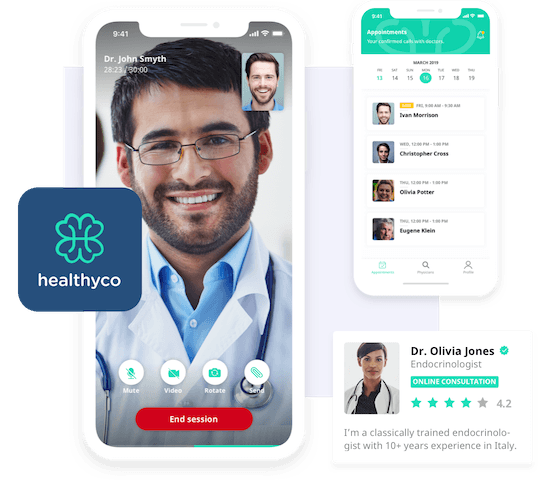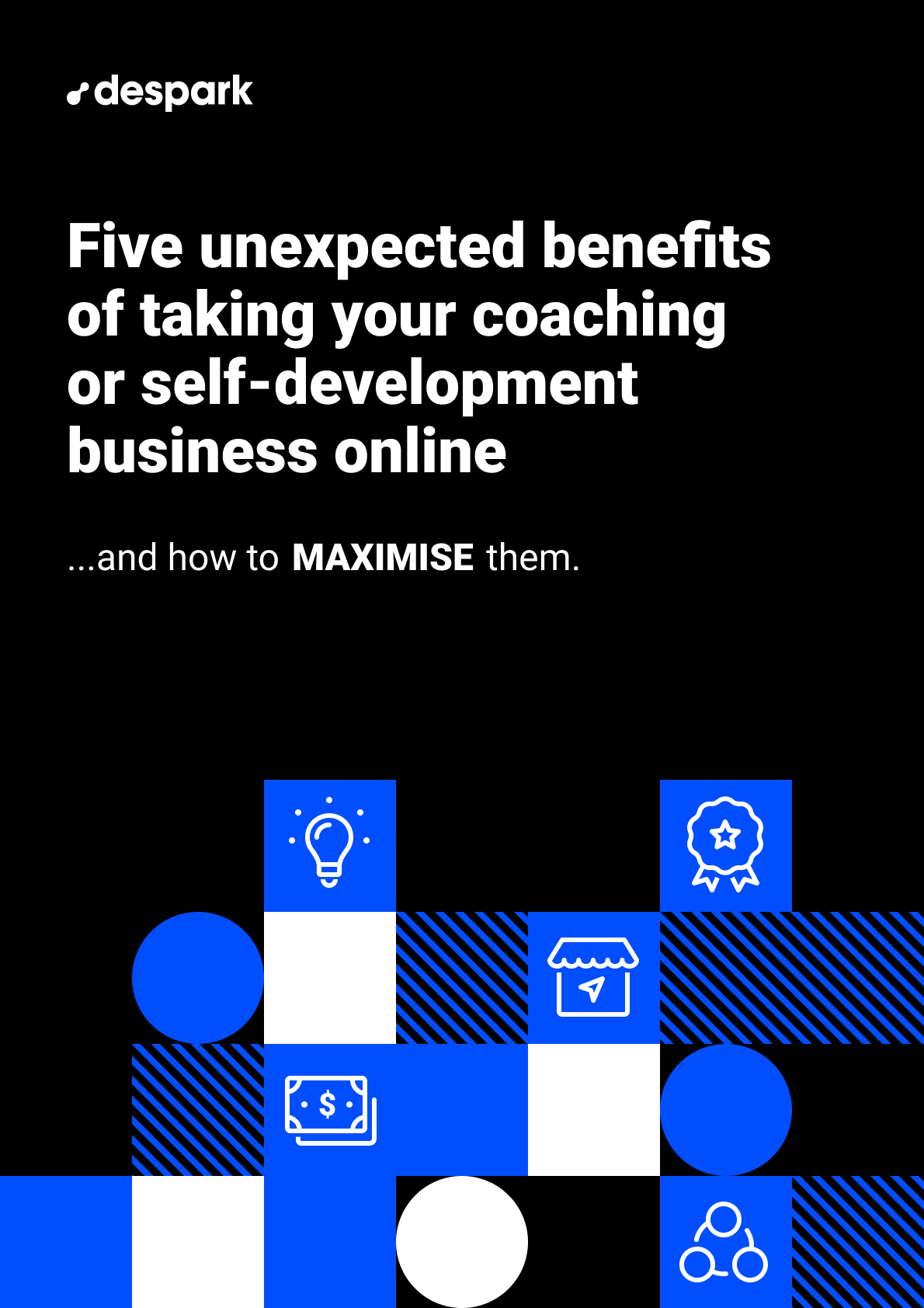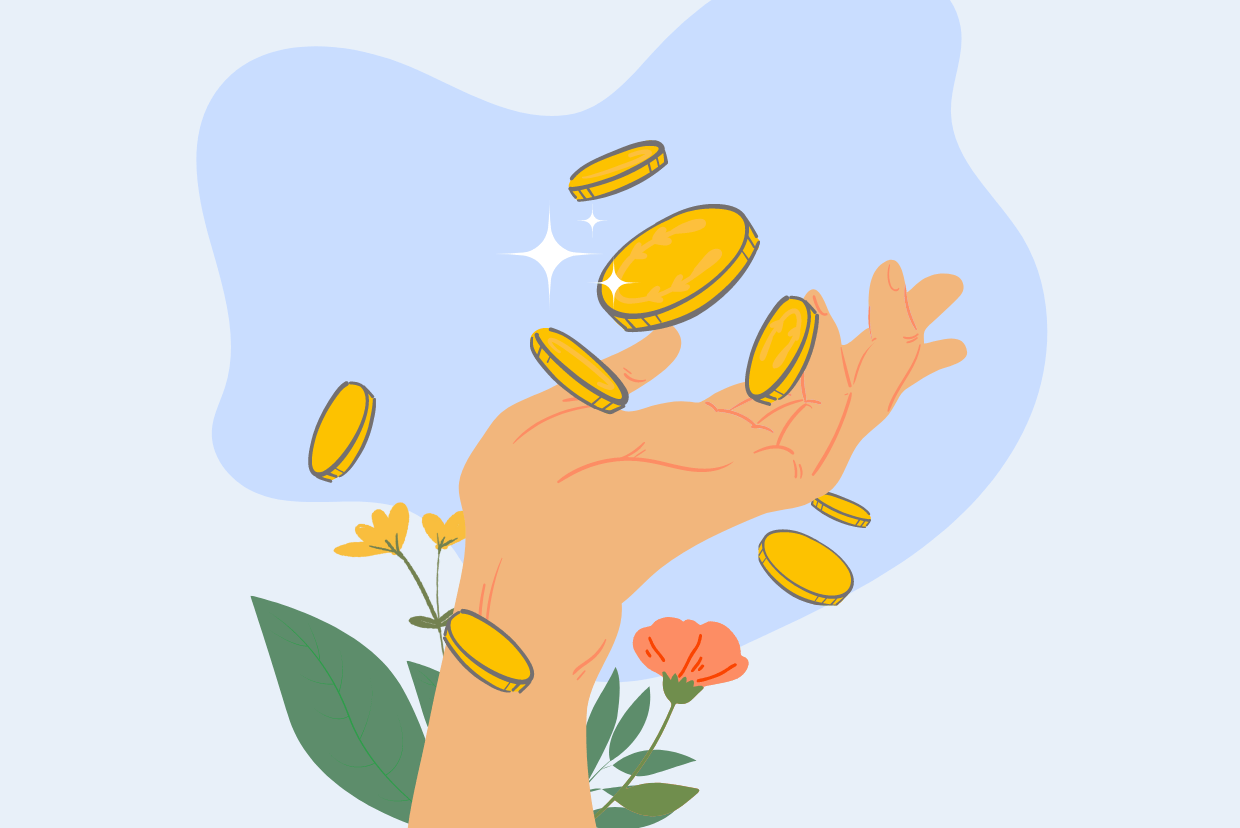Explore new markets
We all know that digital tools make your content and services more accessible to your existing customers, but a simple app can also open up entirely new markets that you might never reach otherwise. Ironically, wellness is a luxury that not everyone can access or afford, but because digital tools make it possible to provide at least some of these services at a lower cost, online platforms could open up a much broader, otherwise untapped market.
Potential customers that have no experience with coaching or self-development are also more likely to explore your services digitally before committing to an in-person activity, especially if you offer a free version or trial period.
![]() Similarly, people that are reluctant to share private information or discuss personal topics in a face-to-face situation may find it less intimidating to do so online – particularly in cultures where certain topics are considered taboo, and new markets such as FemTech - the development of technology using software or tools to promote women’s health - are a prime example. The FemTech market alone is expected to grow by US$60 billion by 2027 with innovations such as period and fertility trackers and sexual health platforms serving a previously neglected user base.
Similarly, people that are reluctant to share private information or discuss personal topics in a face-to-face situation may find it less intimidating to do so online – particularly in cultures where certain topics are considered taboo, and new markets such as FemTech - the development of technology using software or tools to promote women’s health - are a prime example. The FemTech market alone is expected to grow by US$60 billion by 2027 with innovations such as period and fertility trackers and sexual health platforms serving a previously neglected user base.
Finally, there’s a tendency for countries with lower income populations to skip steps in innovation, which could mean that the mental health and wellbeing sectors emerge as a digital-first service in these geographies.
Digital tools don’t only help wellness services to tap into new markets and reach more people, the (anonymised) data gathered from these new customers can also be used to improve the user experience and inform future initiatives.
A case in point : Kooth
Kooth is a digital mental health support service that gives children and young people easy access to an online community of peers and a team of experienced counsellors, regardless of where they are on a spectrum of mild, moderate or complex need. Access is free of the typical barriers to support: no waiting lists, no thresholds, no cost and complete anonymity. The service is accredited by the British Association for Counselling and Psychotherapy and contributes to the NHS Mental Health Service Data Set records. Available to 40% of all 11-18-year-olds in England, more than 1,500 young people across the country log in to Kooth every day.
Maximise it: Consider digital ethics
While digital tools provide a fantastic opportunity for new audiences to access health services that may otherwise not be available to them, as developers and distributors of these products we have a responsibility to ensure that they don’t inadvertently cause more harm than good. Implementing an evaluation plan is an essential part of app development – to provide evidence that your product is having a positive effect and doesn’t do invisible harm by contributing to things like addictive behaviour, the spread of misinformation and social challenges. Make sure you understand your role and responsibilities by reviewing these documents:
-
Remember, if you want your own free copy of our guide on how you can maximise your online coaching, training or self-development platform, download it here. Want to chat to an expert about YOUR digital strategy? Get in touch today.





